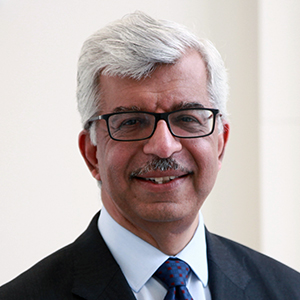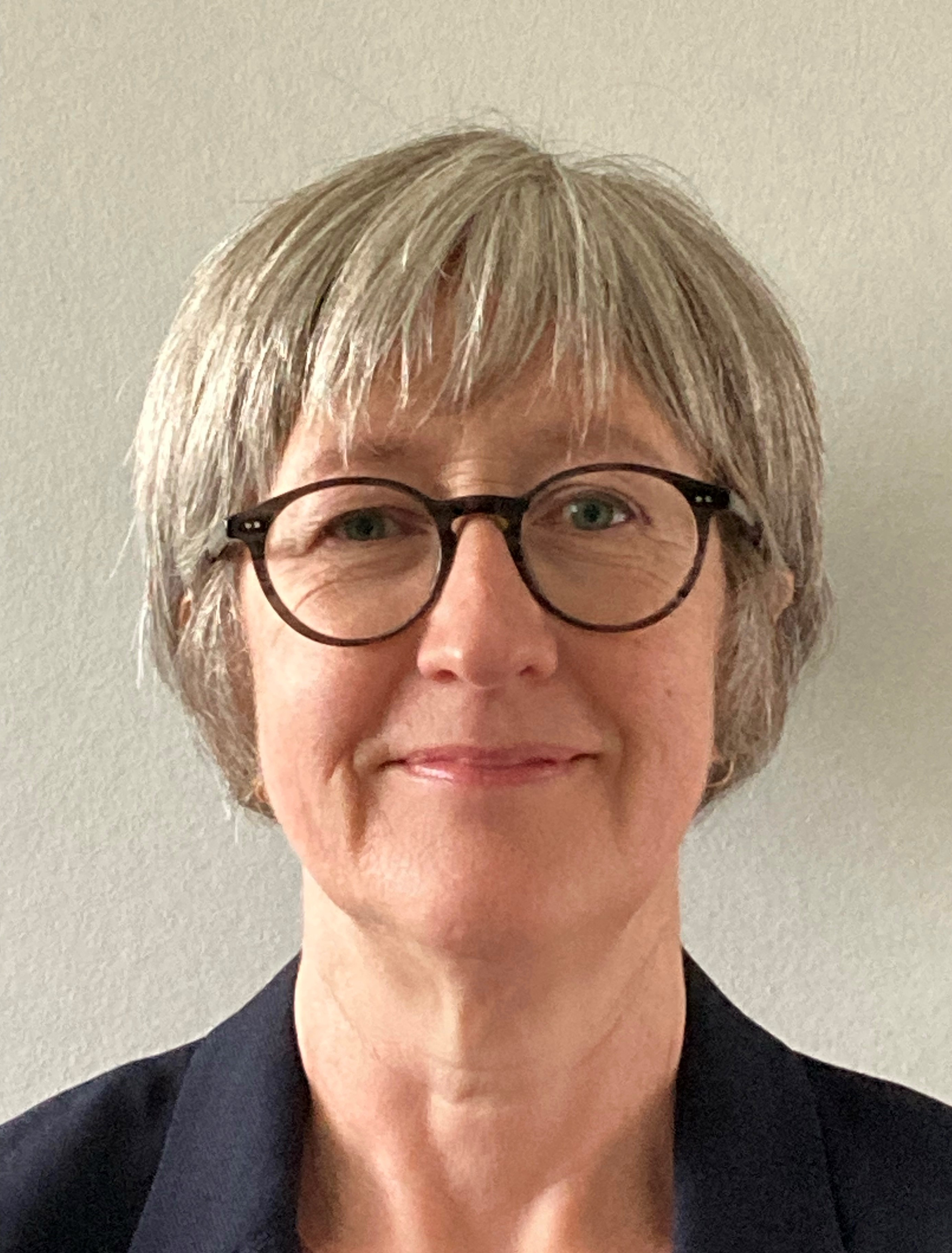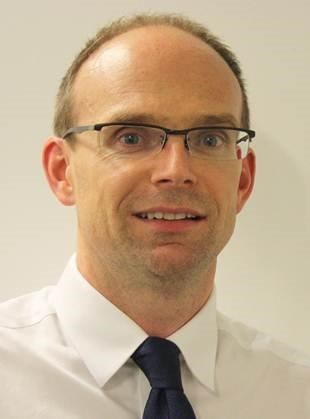Professor Sir Munir Pirmohamed

David Weatherall Chair of Medicine and NHS Chair of Pharmacogenetics
Session Chair
Professor Sir Munir Pirmohamed MB ChB, PhD, FRCPE, FRCP, FBPhS, FMedSci is David Weatherall Chair in Medicine at the University of Liverpool, and a Consultant Physician at the Royal Liverpool University Hospital. He is Director of the Centre for Drug Safety Sciences, and Director of the Wolfson Centre for Personalised Medicine. He is also Director of HDR North. He is an inaugural NIHR Senior Investigator, Fellow of the Academy of Medical Sciences in the UK, Commissioner on Human Medicines. He was President of British Pharmacological Society from January 2020 - December 2021, and is currently President of the Association of Physicians. He was awarded a Knights Bachelor in the Queen's Birthday Honours 2015. His research focuses on personalised medicine, clinical pharmacology and drug safety.
Dr Shirley Hopper

Deputy Director of National Licensing Strategy, Medicines and Healthcare products Regulatory Agency
Shirley Hopper trained as a GP and has 16 years of experience in medicines regulation at the MHRA. As a member of the Pharmacogenomics Working Party at the EMA, Shirley contributed to European scientific guidelines on pharmacogenomics, and she retains a special interest in this topic. Shirley leads the drafting group that is developing MHRA guidance on individualised mRNA cancer immunotherapies.
Professor Harry Hemingway

Professor of Clinical Epidemiology and inaugural Director, Institute of Health Informatics UCL (2014-2023).
As a clinician scientist, Professor Hemingway aims is to generate and mobilize insights gained from increasing scale and detail of health data, within a framework of public trust. His research group exploits large-scale health records using methods at the interface of epidemiology, biomedical informatics and computational medicine, and informs clinical practice guidelines and policy in cardiovascular diseases affecting the health of millions of people.
In recognition of his contribution to advancing medical science and translating developments into benefits for patients and wider society, Harry was elected a Fellow of the Academy of Medical Sciences in 2019. Evidence of his research informing better health is found in impact case studies in REF2014 and REF2021.
Sarah Blagden

Sarah Blagden is a medical oncologist and clinician-scientist at the University of Oxford with a >20-year established track record of clinical and laboratory research. She conducted a PhD at the University of Cambridge and completed speciality training at Addenbrooke’s, the Royal Marsden Hospital and the Drug Development Unit at ICR. From 2006-2015, she was Director of Early Phase Trials at Imperial College London and, from 2017-2021, Director of the Early Phase Clinical Trials Unit at the University of Oxford. She has designed and conducted numerous early and late phase trials, as co-investigator, principal and chief investor. In addition, she leads an RNA biology lab exploring post-transcriptional mechanisms of gene regulation in tumorigenesis. Sarah is now director of Oxford University’s Oncology Clinical Trials Office (OCTO) which specialises in Precision-Prevention and Early Detection (PPED) studies and leads the GO-PRECISE partnership to develop cancer prevention vaccines. She is a member of CRUK’s Prevention and Population Research Committee. At today’s meeting, Sarah will describe the opportunities and challenges faced when designing and conducting cancer Precision Prevention trials.
Dan O'Connor

Dan O'Connor is medically and PhD qualified and currently the Director Regulatory and Early Access Policy at The Association of the British Pharmaceutical Industry (ABPI). He joined the ABPI from the Medicines and Healthcare products Regulatory Agency in 2023. At the MHRA he was Deputy Director of the Innovation Accelerator and Regulatory Science. Dan has special interests in drug development, rare diseases, regulatory science, health innovation, patient engagement and drug repurposing. He completed higher medical training in Pharmaceutical Medicine. He is Editor-Author of the Oxford Specialist Handbook in Pharmaceutical Medicine
Steve Gardner

Steve has over 30 years’ experience building world-class teams, products and companies in precision medicine, drug discovery and computational biology in the UK, EU and USA.
He has developed world-leading genomics, AI enabled drug discovery, precision medicine, and complex data analytics for life science, healthcare and clinical decision support including several patented inventions. He was Global Director of Research Informatics for Astra and involved in the early Human Genome project. He has worked with multiple pharma companies on 30+ drug discovery and development projects.
Steve is Chair of the UK BioIndustry Association’s Data, AI and Genomics Advisory Committee, Co-Chair of the Metrodora Foundation’s Scientific Advisory Board, Expert in Residence at Oxford University, an Editorial Board member for AI in the Life Sciences and was on the Steering Committee of the UKCRC Tissue Directory & Coordination Centre. He advises a range of disease charities, national biobanks and research institutes on precision medicine strategy.




